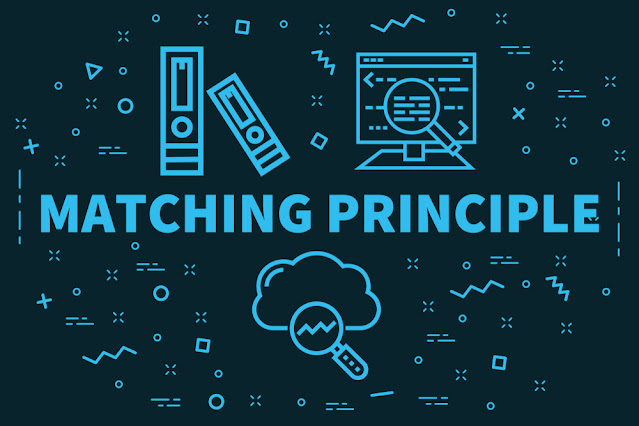GST Vs VAT: What is the difference?

Value Added Tax (VAT). Value-added tax (VAT) is distinct from sales tax. Sales tax and VAT are both indirect taxes, in which a tax is collected by the seller and then paid or remitted to the government by the buyer. Sales tax and VAT are frequently conflated in the corporate tax community. Here is a more detailed explanation. The difference between sales tax and value-added tax (VAT) Sales tax is collected by the retailer at the end of the supply chain. End consumers pay sales tax when they purchase goods or services. Businesses don't have to pay sales tax when purchasing supplies or materials that will be resold. Until the sale is complete, no sales tax is collected, and tax jurisdictions don't receive tax revenue. Import tariffs are applied at every stage of the supply chain. This concept is recognized across all aspects of the VAT system. Additionally, all parties within the supply chain charge VAT on their sales. To get a credit for VAT paid on a tax return, small busines...

